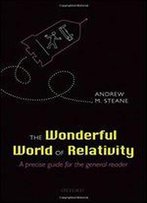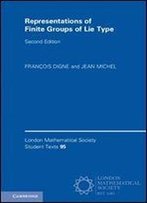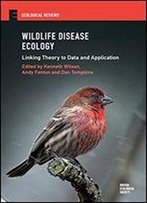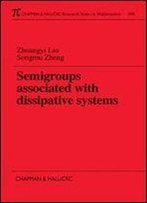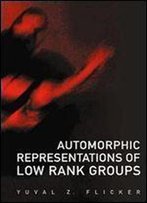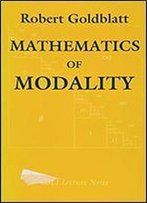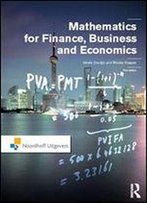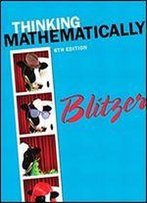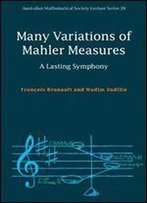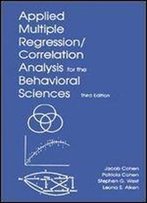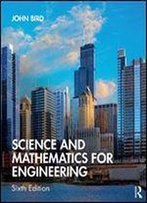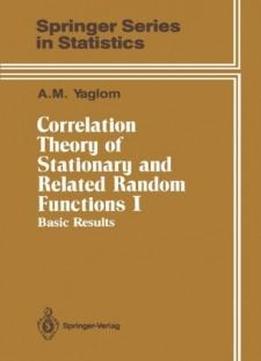
Correlation Theory Of Stationary And Related Random Functions: Volume I: Basic Results
by A. M. Yaglom /
1987 / English / PDF
4.8 MB Download
The theory of random functions is a very important and advanced
part of modem probability theory, which is very interesting from
the mathematical point of view and has many practical applications.
In applications, one has to deal particularly often with the
special case of stationary random functions. Such functions
naturally arise when one considers a series of observations x(t)
which depend on the real-valued or integer-valued ar gument t
("time") and do not undergo any systematic changes, but only
fluctuate in a disordered manner about some constant mean level.
Such a time series x(t) must naturally be described statistically,
and in that case the stationary random function is the most
appropriate statistical model. Stationary time series constantly
occur in nearly all the areas of modem technology (in particular,
in electrical and radio engineering, electronics, and automatic
control) as well as in all the physical and geophysical sciences,
in many other ap mechanics, economics, biology and medicine, and
also plied fields. One of the important trends in the recent
development of science and engineering is the ever-increasing role
of the fluctuation phenomena associated with the stationary
disordered time series. Moreover, at present, more general classes
of random functions related to a class of stationary random
functions have also been appearing quite often in various applied
studies and hence have acquired great practical importance.
The theory of random functions is a very important and advanced
part of modem probability theory, which is very interesting from
the mathematical point of view and has many practical applications.
In applications, one has to deal particularly often with the
special case of stationary random functions. Such functions
naturally arise when one considers a series of observations x(t)
which depend on the real-valued or integer-valued ar gument t
("time") and do not undergo any systematic changes, but only
fluctuate in a disordered manner about some constant mean level.
Such a time series x(t) must naturally be described statistically,
and in that case the stationary random function is the most
appropriate statistical model. Stationary time series constantly
occur in nearly all the areas of modem technology (in particular,
in electrical and radio engineering, electronics, and automatic
control) as well as in all the physical and geophysical sciences,
in many other ap mechanics, economics, biology and medicine, and
also plied fields. One of the important trends in the recent
development of science and engineering is the ever-increasing role
of the fluctuation phenomena associated with the stationary
disordered time series. Moreover, at present, more general classes
of random functions related to a class of stationary random
functions have also been appearing quite often in various applied
studies and hence have acquired great practical importance.
